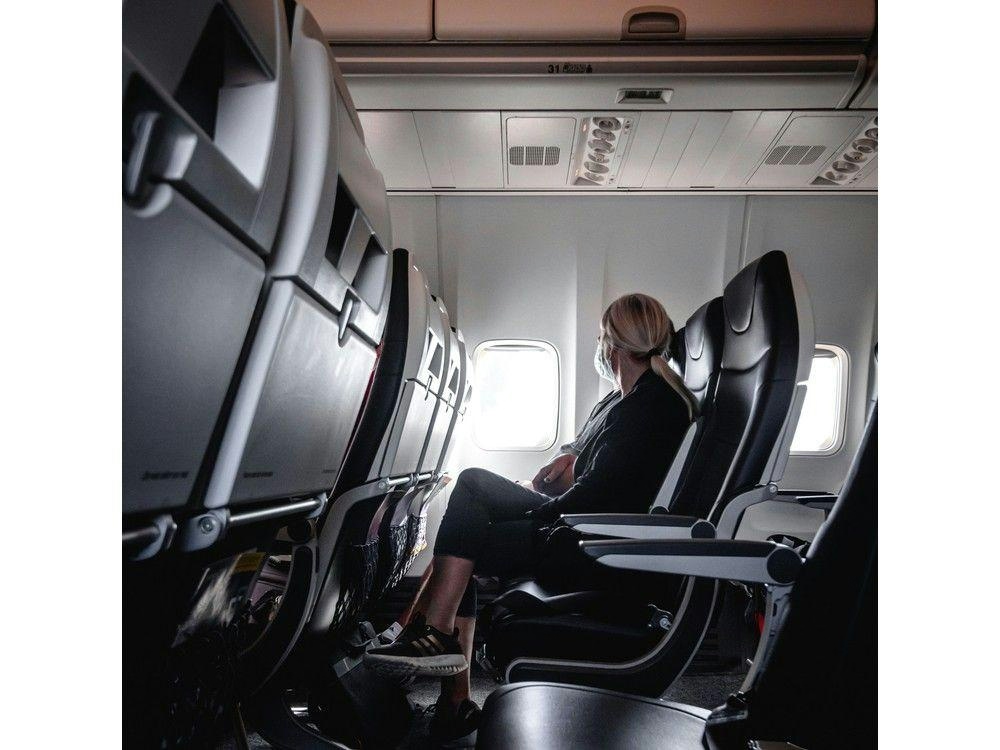
AeroGenie — Uw intelligente copiloot.
Trending
Categories
Boeing Revises 777X Thrust Link Design
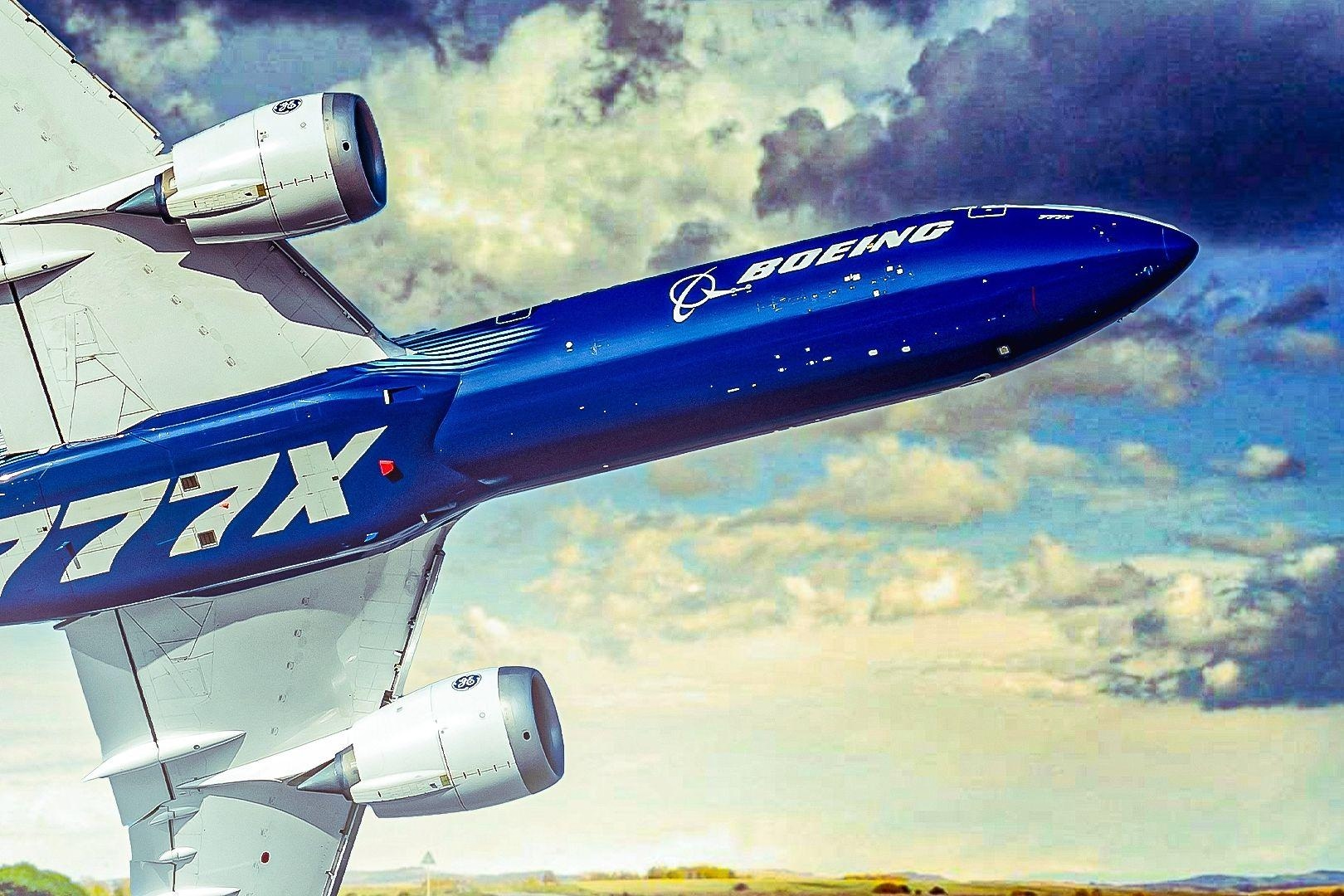
Boeing Revises 777X Thrust Link Design Amid Certification Delays
Boeing has undertaken a redesign of the engine thrust links on its long-delayed 777X widebody aircraft to address a critical fatigue issue that resulted in a four-month delay in the jet’s certification process. The updated thrust links are expected to be installed later this summer as part of a comprehensive set of design enhancements aimed at ensuring the aircraft’s structural integrity and advancing its certification timeline.
Addressing Fatigue Issues in Critical Components
Thrust links play a vital role in transferring loads between the engine and wing structure. In August 2024, Boeing grounded its entire 777X test fleet after discovering fractured thrust links on one of the test aircraft. Subsequent inspections uncovered similar cracks in other planes, prompting a halt to all certification flights. This fatigue problem in these load-bearing components forced Boeing to pause testing and initiate a redesign of the thrust links, a development closely monitored by investors and industry stakeholders awaiting progress toward certification.
Certification flights resumed in mid-January 2025 after Boeing implemented immediate safety measures. The company now plans to retrofit the redesigned thrust links across the entire test fleet, aiming to prevent further delays and restore confidence in the program’s safety and reliability.
Program Challenges and Market Outlook
The 777X, intended as the next generation of Boeing’s successful 777 widebody family, was initially scheduled for certification in 2020. However, the program has encountered multiple setbacks, including a notable “uncommanded pitch event” in 2020, when the aircraft’s nose unexpectedly rose without pilot input, causing significant delays. The discovery of thrust link failures in 2024 further impeded progress, compounded by a labor strike later that year.
As of early 2025, Boeing is targeting certification by late 2025 or early 2026, with first deliveries anticipated in 2026. The market has responded cautiously to these developments, while competitors remain watchful as airlines and industry observers await tangible progress.
Emirates, the largest customer with an order for 205 aircraft, expects to receive its first 777X by the end of 2026, according to chairman and CEO Sheikh Ahmed bin Saeed Al Maktoum. This timeline reflects a shift from earlier skepticism within the airline regarding delivery schedules. Other prominent customers include Qatar Airways, Lufthansa, Cathay Pacific, and British Airways.
Lufthansa is poised to become the launch operator of the 777X following certification by both the US Federal Aviation Administration (FAA) and the European Aviation Safety Agency (EASA). The German carrier has placed orders for 20 Boeing 777-9s and seven 777-8F freighters for its cargo operations.
The Boeing 777X family consists of the 777-8, 777-8F (freighter), and 777-9 variants, all designed to offer improvements in fuel efficiency, range, and passenger comfort. As Boeing continues to address the latest technical challenges, the industry remains attentive to the program’s progress, with certification and initial deliveries now projected for 2026.
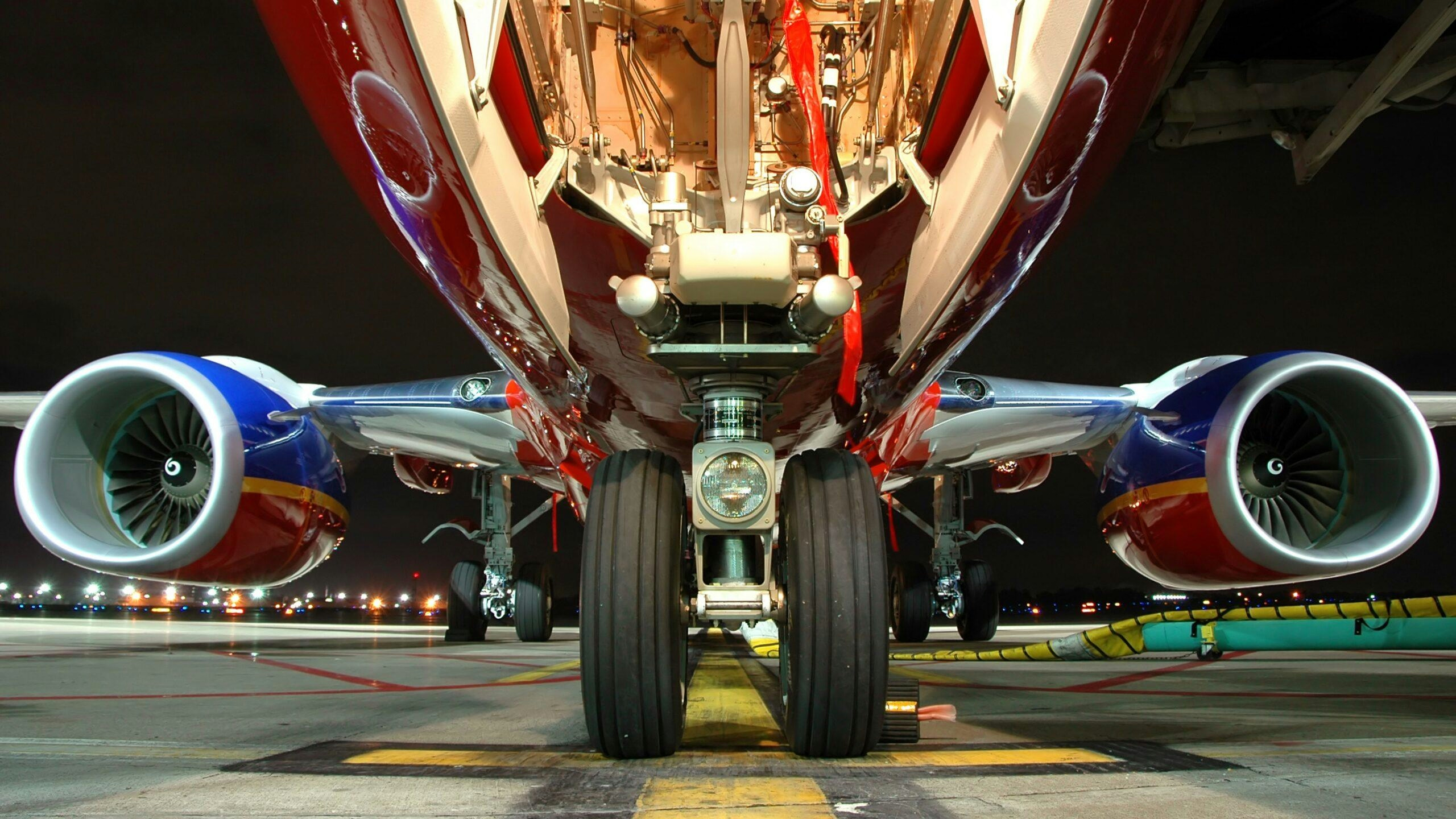
AxioAero Group Acquires Airway Aerospace
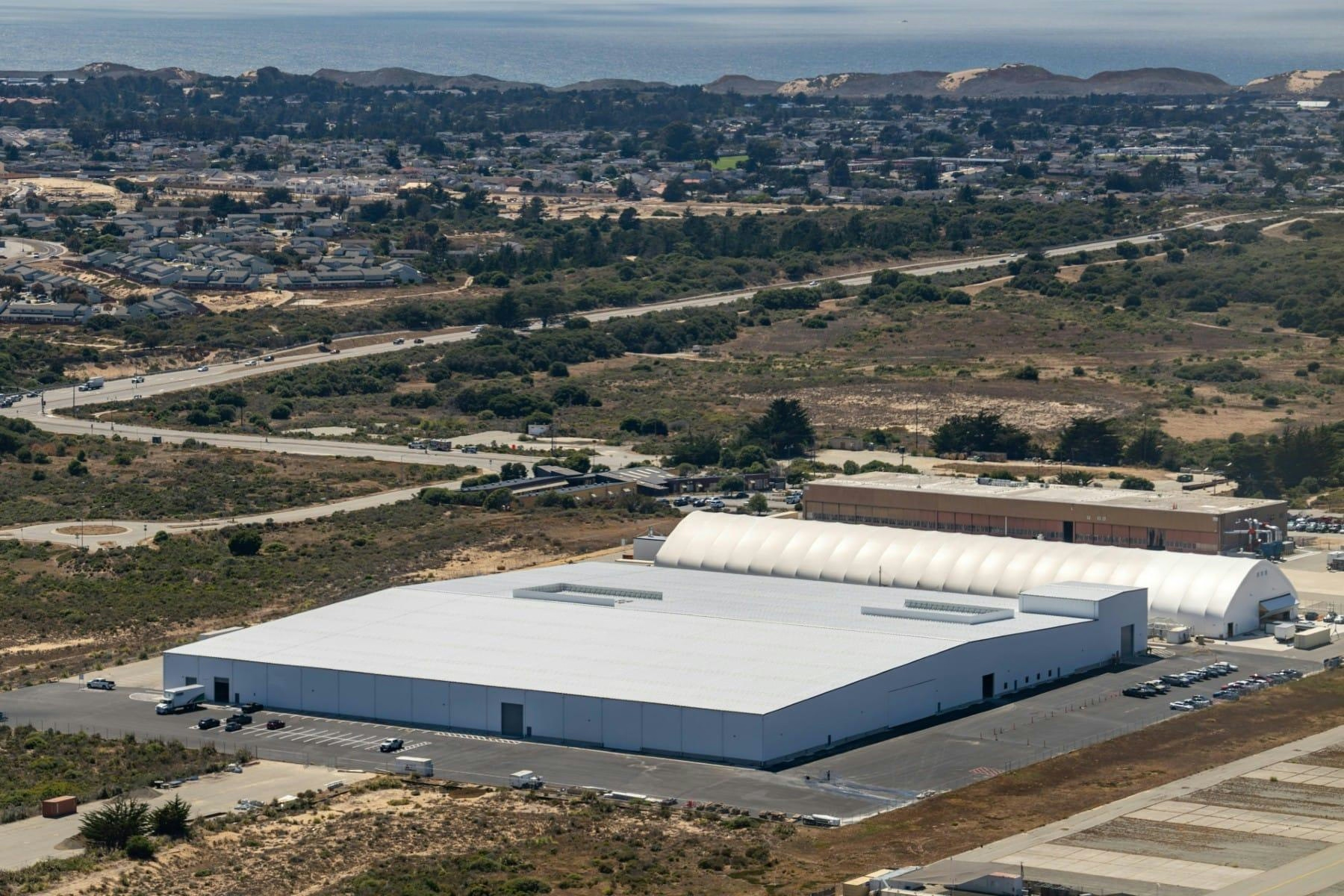
Joby to Train Up to 250 Pilots Annually with New Simulators in Marina
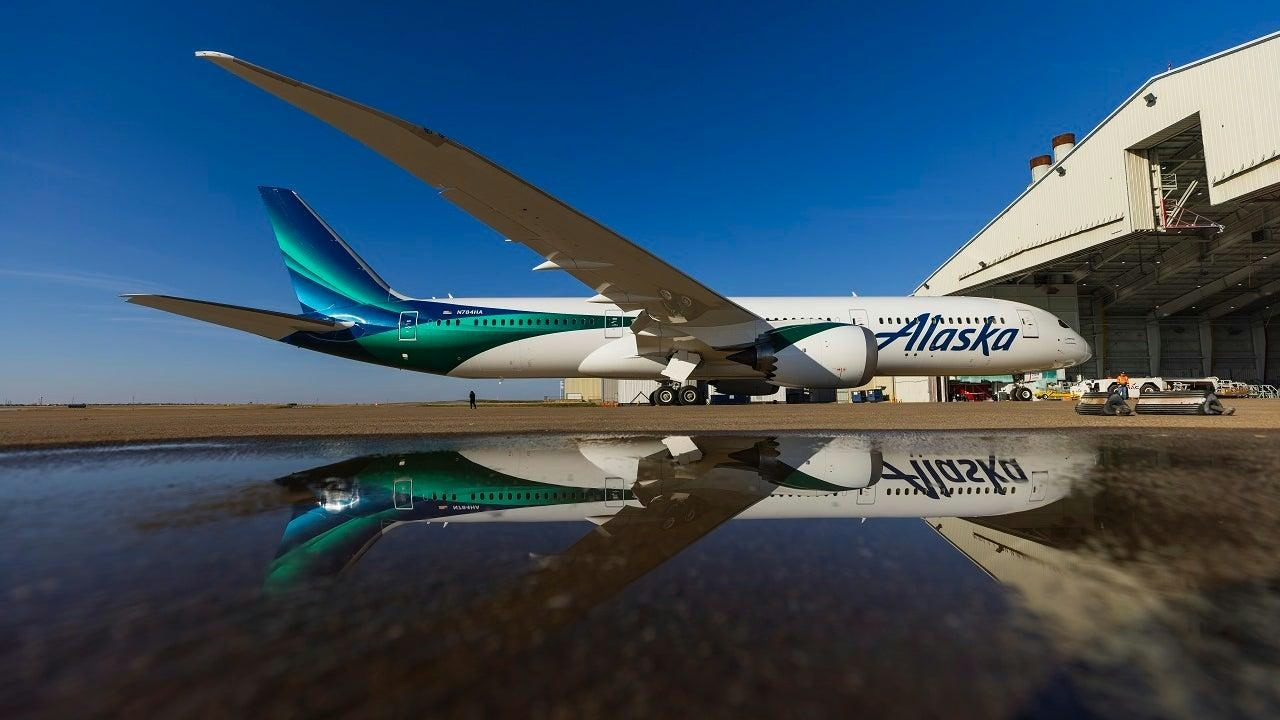
Boeing and Alaska Airlines Confirm Major Aircraft Order
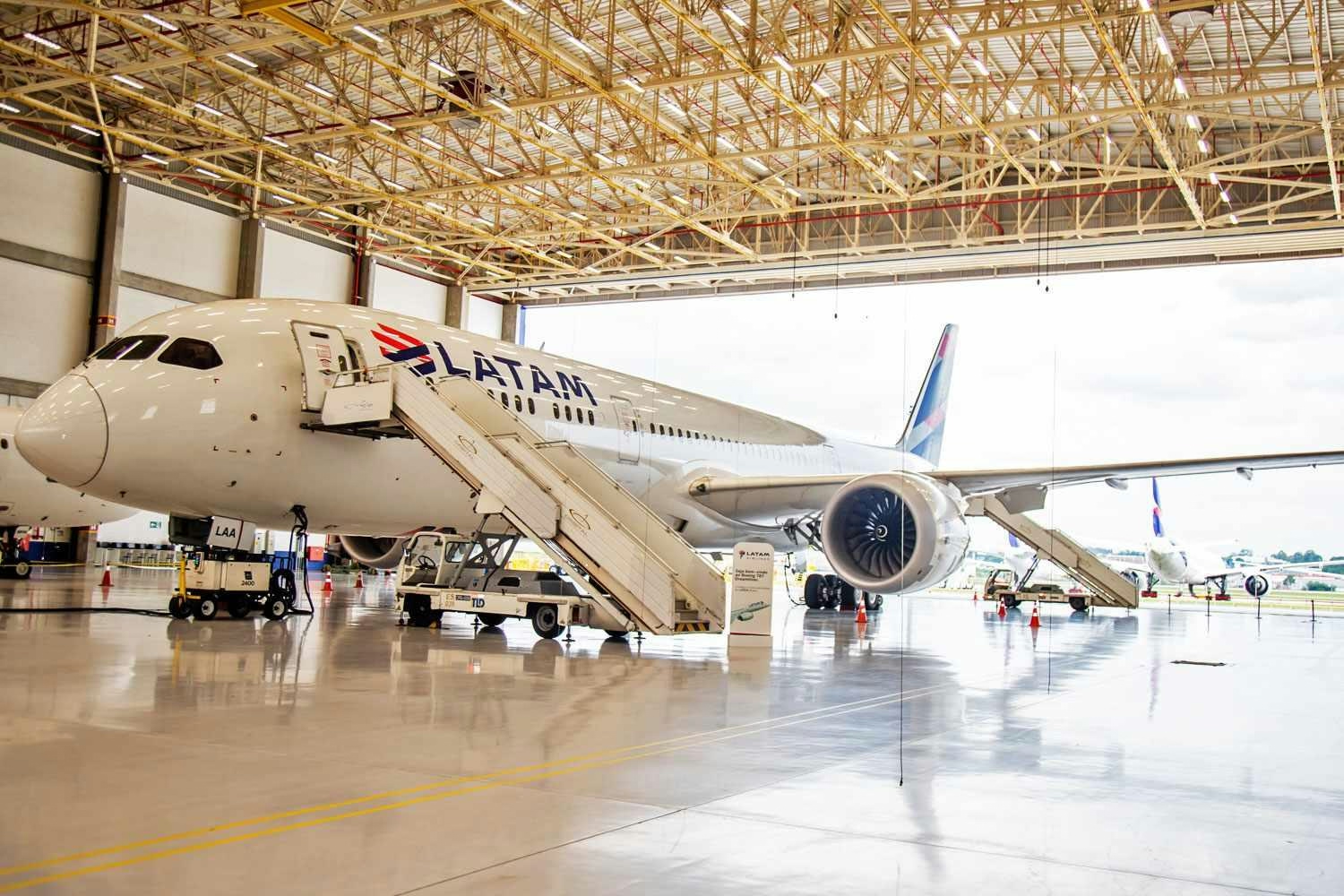
LATAM Receives First Boeing 787-9 Equipped with GEnx Engines
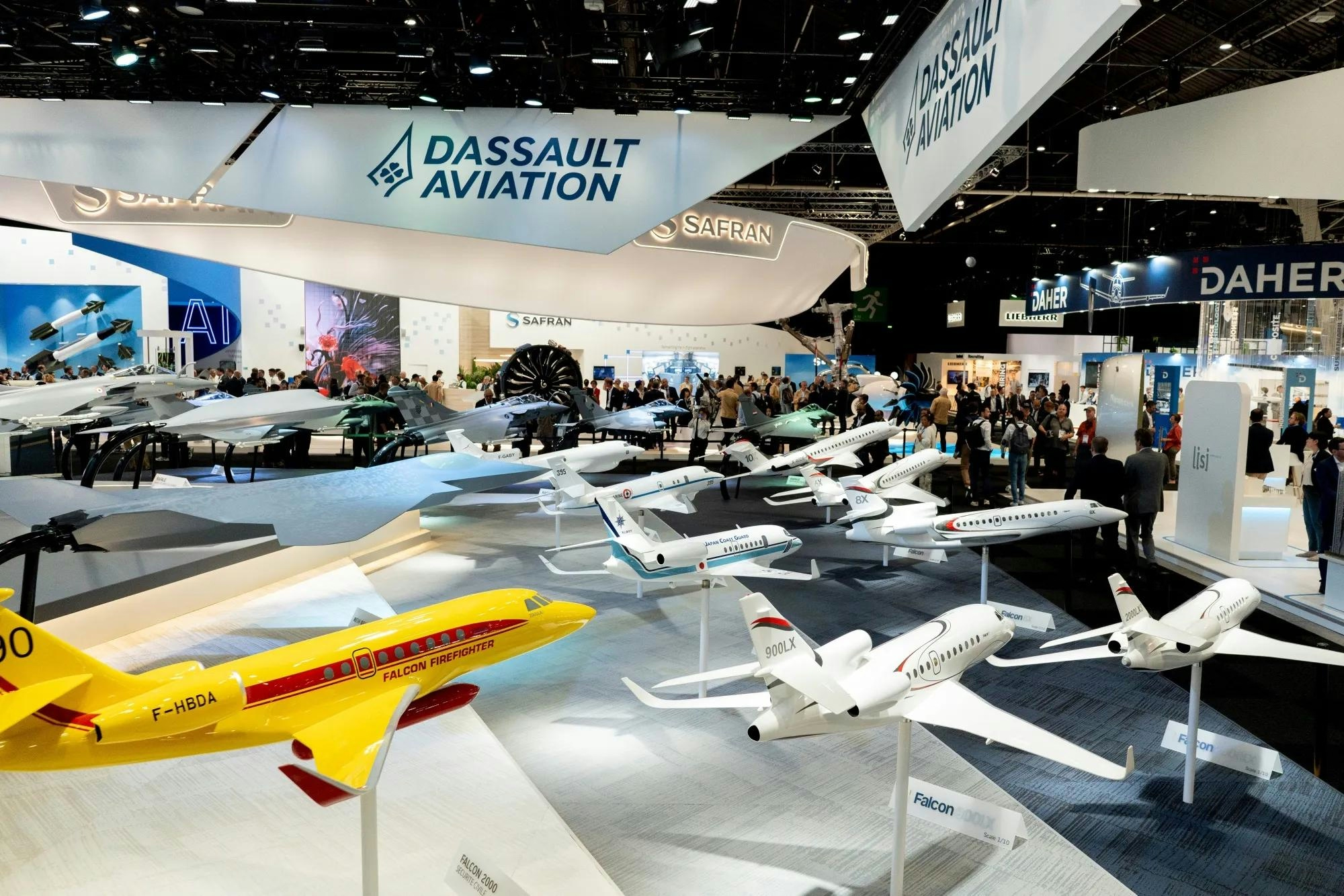
Dassault Aviation Reports Aircraft Deliveries, Orders, Backlog, and Sales Outlook
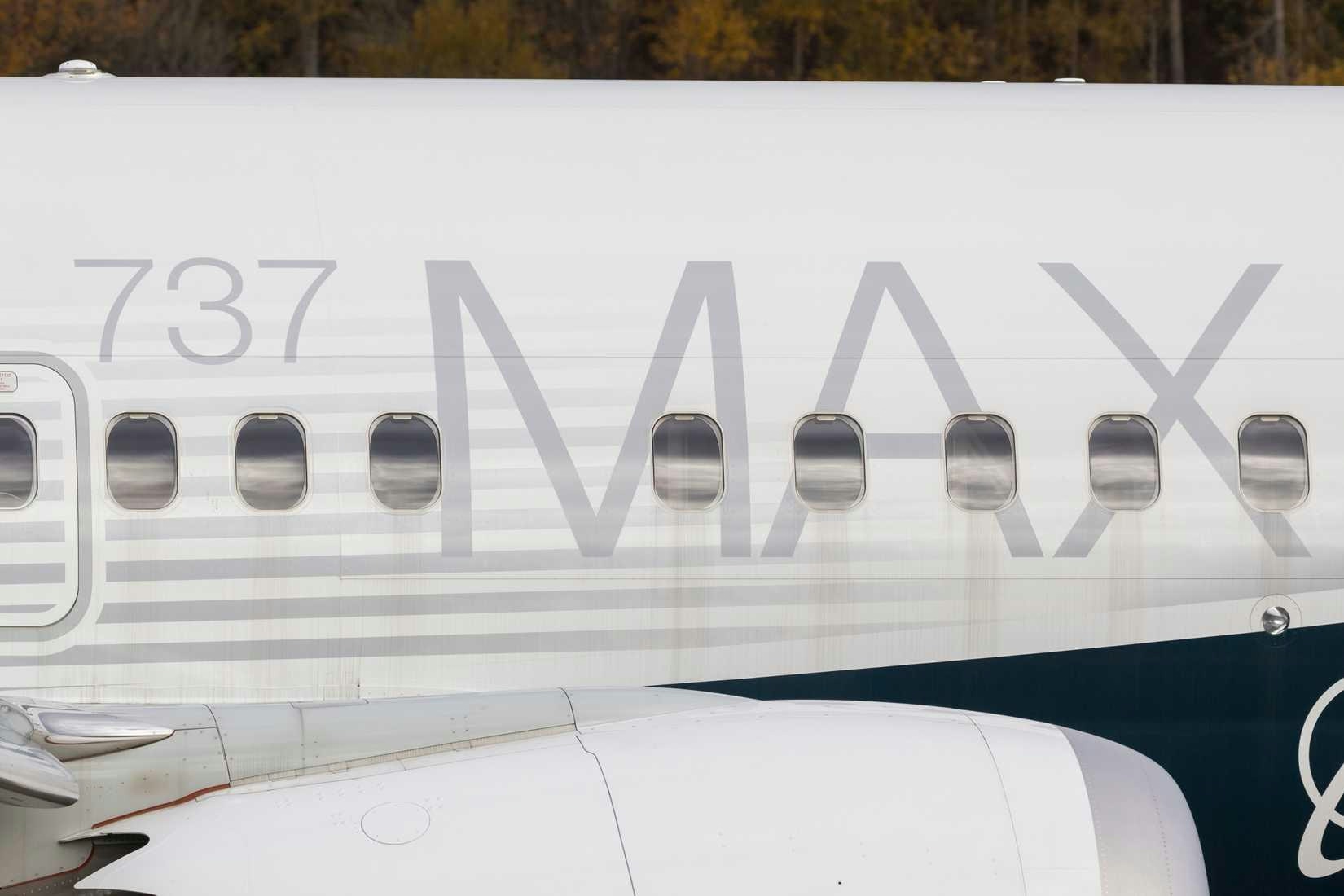
Alaska Airlines Orders 140 Boeing 737-10 and 5 Boeing 787-10 Jets
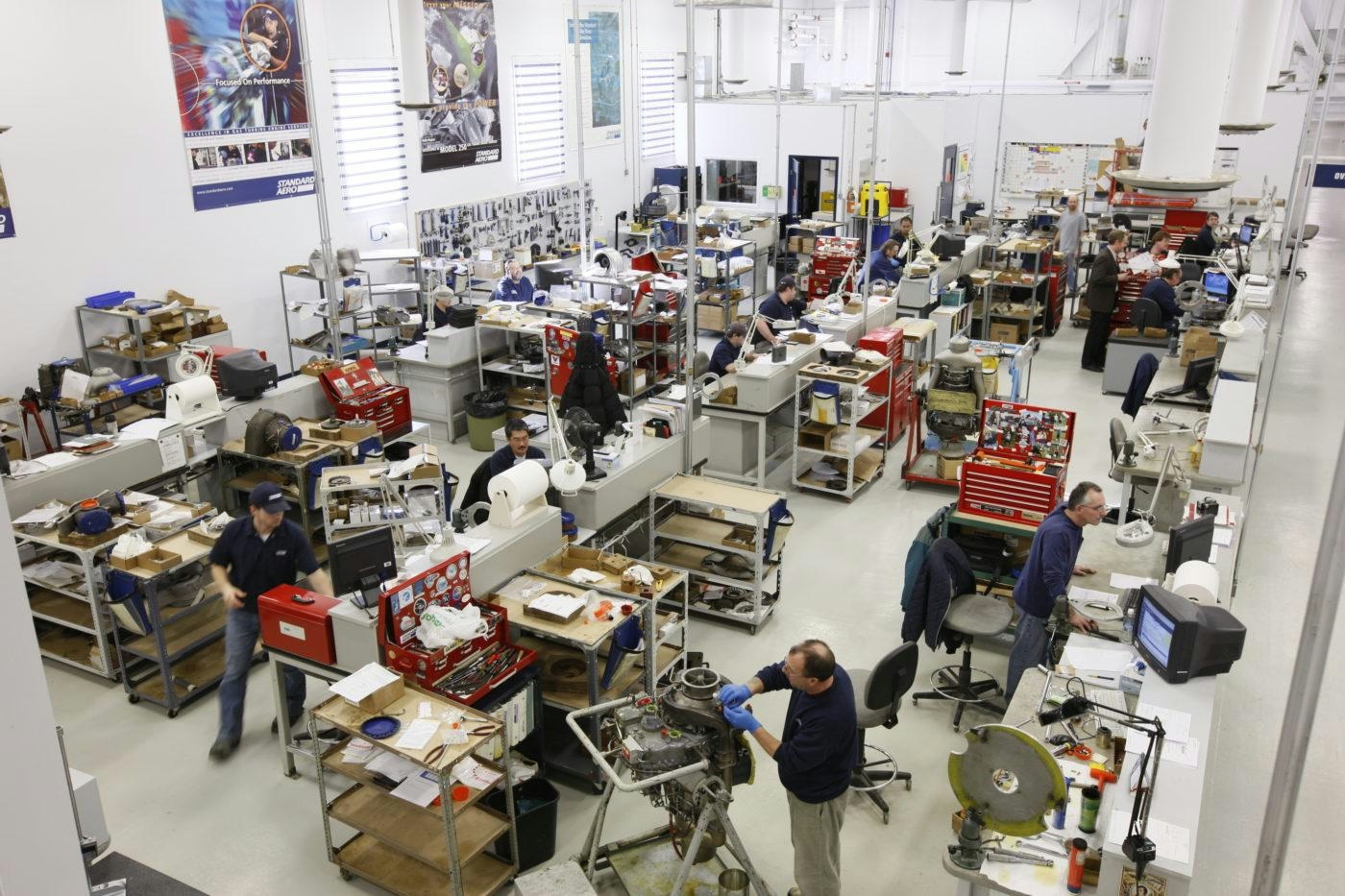
Dine Appointed Vice President of Sales at StandardAero
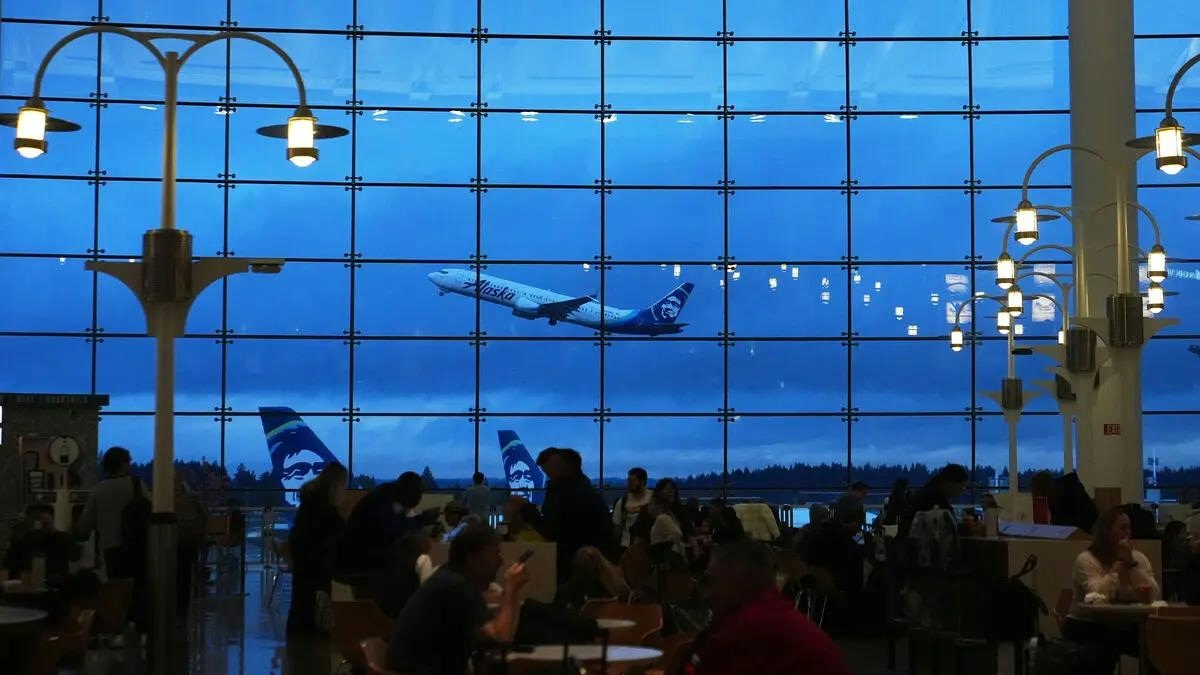
Boeing Shares Rise Following Alaska Airlines’ Record Aircraft Order

Porter Airlines Partners with BeauTech to Upgrade North America’s Fleet
